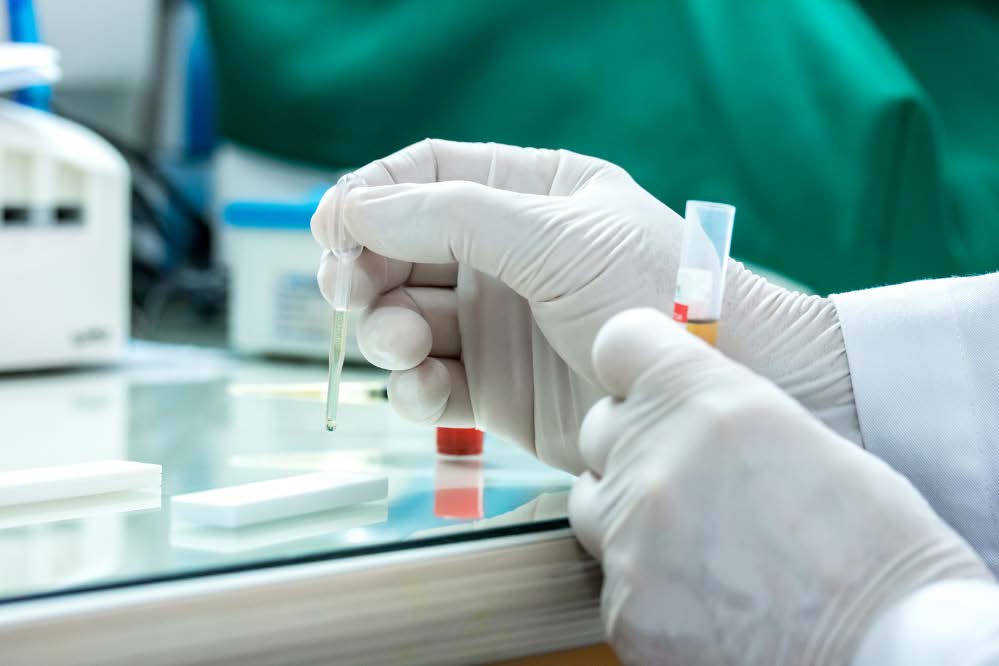Back to Newsroom
24-Apr-2025
West Virginia v. Tyler Kennedy - defending the accused with better DNA technology

On the morning of April 24, 2016, a West Virginia teenager awoke and learned she’d been sexually assaulted while unconscious at an alcohol-stoked party the previous night. The state crime laboratory tested DNA swabs from her rape kit. But their limited data analysis methods failed. "Due to the nature of the sample and the large number of possible contributors, no conclusions were made."
Lacking DNA evidence, prosecutors erroneously charged the wrong man, Tyler Kennedy (21). His defense lawyer contacted Cybergenetics for scientific help with the "inconclusive" DNA mixtures.
Accurate TrueAllele® computing effortlessly unmixed the four- and five-contributor mixtures. The computer revealed informative non-matching statistics. Kennedy’s DNA was not found in the DNA evidence. He was statistically excluded by better science. Moreover, the objective computer implicated two other men at the party, showing their DNA was on intimate victim swabs.
On April 26, 2018, a Cybergenetics analyst testified about the TrueAllele results. The technology showed that Kennedy didn't leave his DNA at the crime scene. And that two other men had left their DNA. In short order, the jury found the defendant not guilty of sexual assault.
